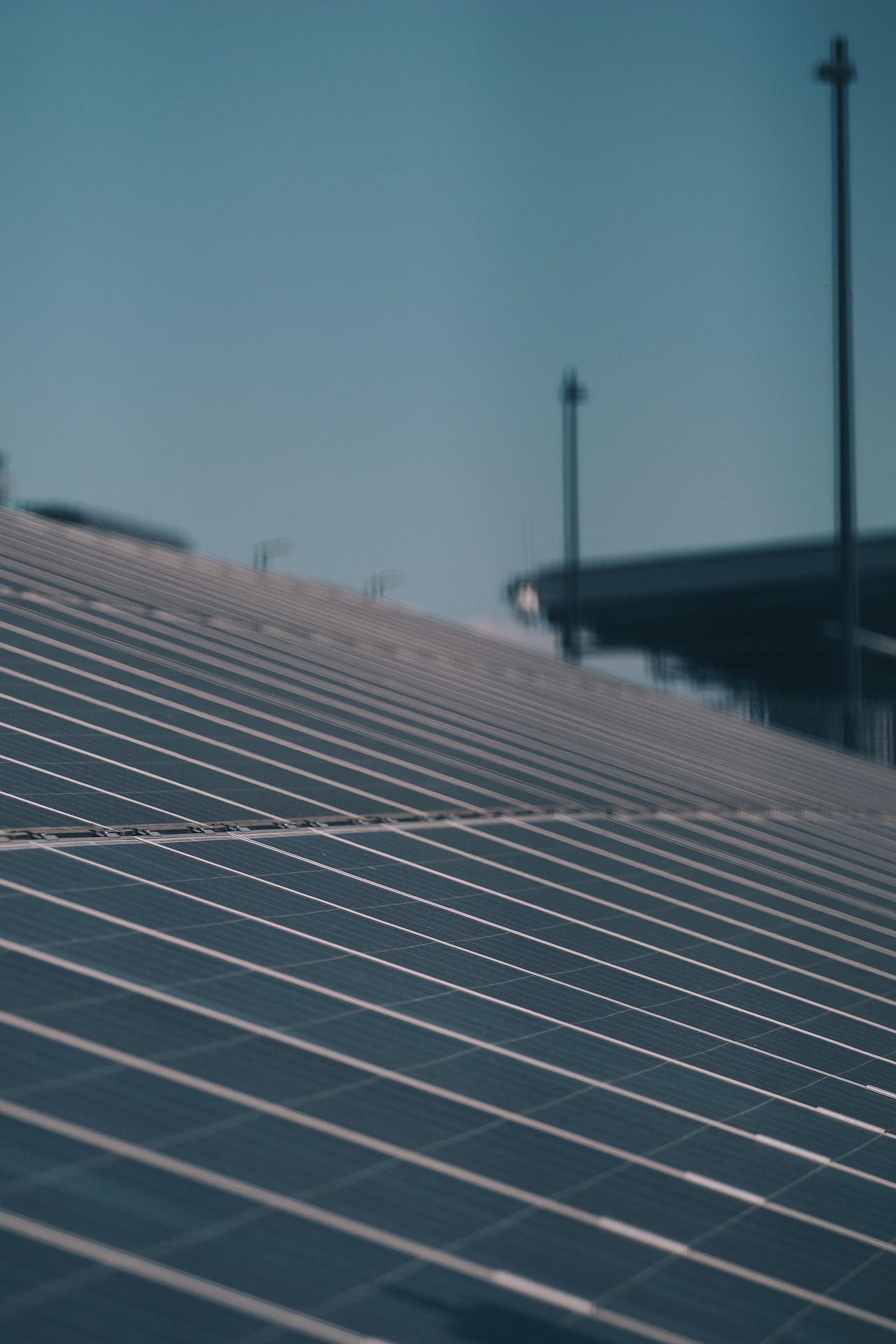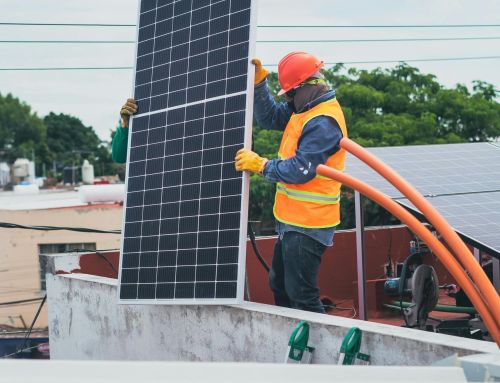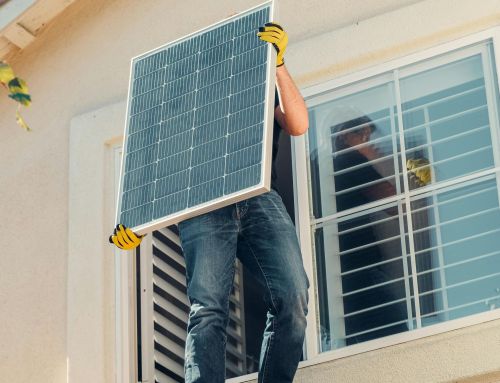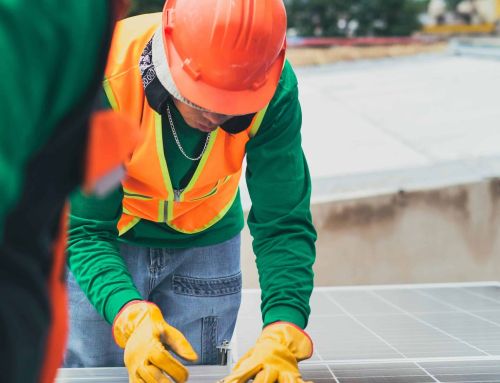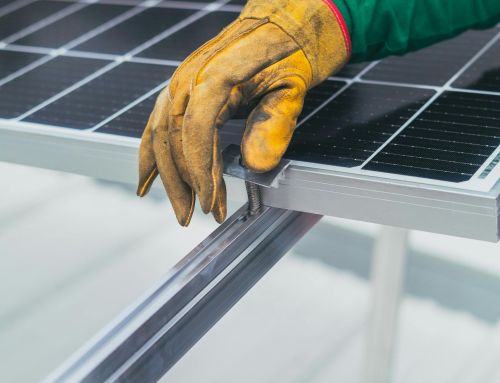Picture this: you’ve decided to embrace solar power and start using the sun’s energy for your home. Amazing choice! But with so many different solar panels out there, you’re probably asking yourself— how to identify good quality solar panels?
Trying to understand all the technical terms and comparing brands can be a bit overwhelming. But don’t worry, we’ve got your back! This guide will walk you through everything you need to know to pick high-quality solar panels, so your investment keeps shining for years to come.
Why Does Quality Matter? Sun Powering Your Peace of Mind
Let’s be honest, solar panels are a big investment. You want to make sure you’re getting the most for your money (or watt!). High-quality panels come with a lot of benefits:
Long Lifespan: Think of your solar panels as trusty companions on your journey to energy independence. Top-notch panels can last for 25 years or even longer, reliably converting sunlight into electricity for decades to come.
Optimal Performance: Just like a top athlete, high-quality panels are high achievers. They efficiently convert sunlight into electricity, maximising your energy production and reducing your reliance on the grid.
Durability: Auckland’s weather can be unpredictable—sunshine one minute, and rain the next. High-quality solar panels are designed to handle it all, from heavy rain and hail to the occasional seagull landing on them.
Peace of Mind: Knowing you’ve invested in reliable, long-lasting solar panels brings peace of mind. You can focus on enjoying the benefits of clean energy, safe in the knowledge your solar system is performing optimally.
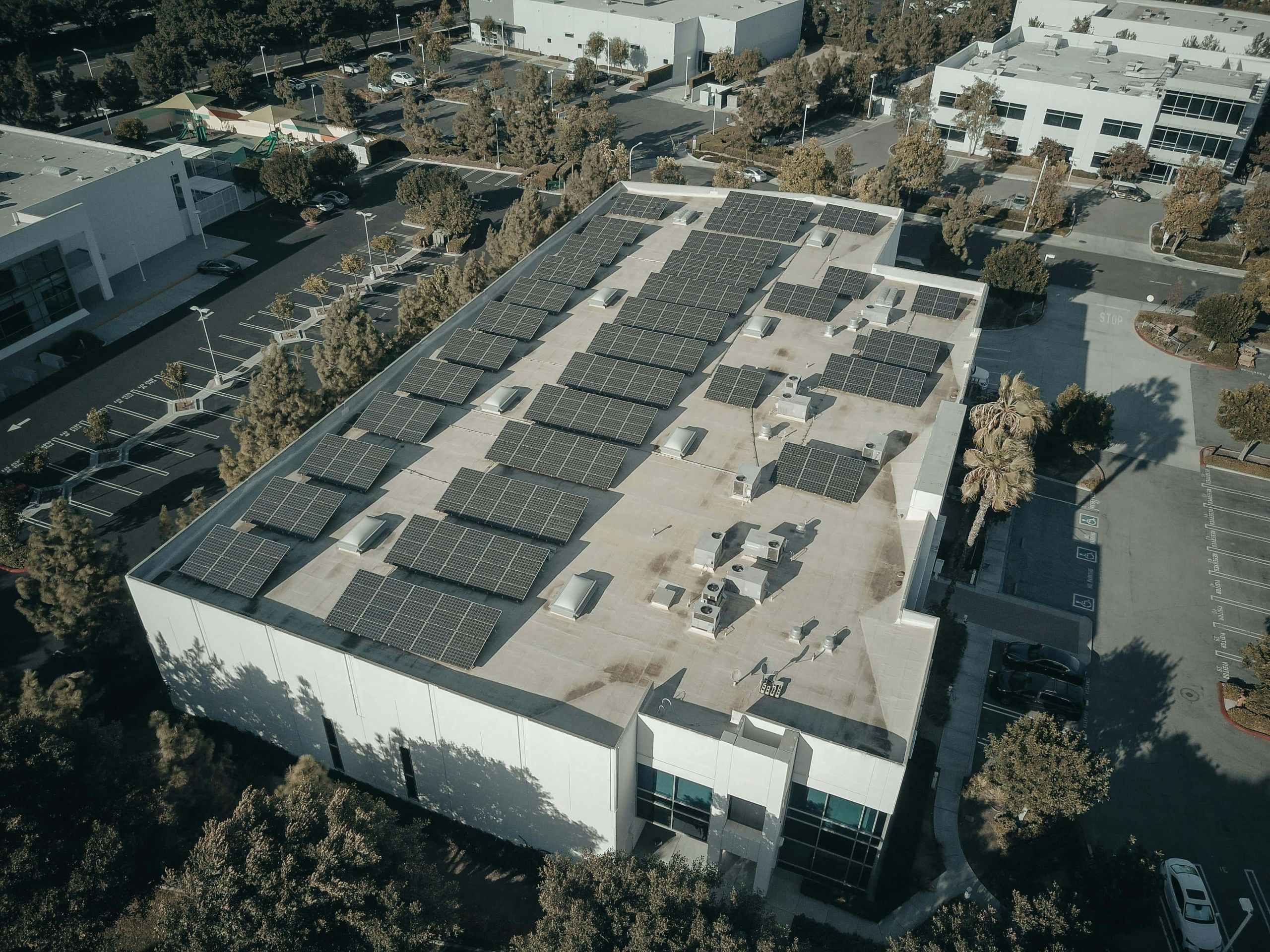
So, How Do We Identify Good Quality Solar Panels? Shedding Light on Key Factors
Now that we understand the importance of quality, let’s delve into the nitty-gritty – how to identify good quality solar panels? Here are some key factors to consider:
Brand Reputation: Just like choosing a trusty pair of walking boots for a challenging hike, opting for a well-established brand with a proven track record is a wise move.
Look for manufacturers with a long history of producing high-quality solar panels and a strong presence in the industry.
Warranty: A robust warranty is a good indicator of a manufacturer’s confidence in their product. Look for warranties that cover both the performance (ensuring the panels maintain a certain level of power output) and the product itself (protecting against defects in materials or workmanship). Industry standards typically offer a 25-year warranty on performance and a 10-year warranty on the product itself.
Efficiency Rating: The efficiency rating of a solar panel tells you how effectively it converts sunlight into electricity. Higher efficiency ratings generally translate to higher electricity production for a given amount of space.
However, don’t get too hung up on chasing the highest efficiency number. Sometimes, a slightly less efficient panel might be a better fit for your roof or budget.
Material Quality: Just like any good building material, the quality of the components used in a solar panel matters. Look for panels with high-quality silicon cells, robust frames that can withstand harsh weather conditions, and a secure electrical connection system.
Beyond the Basics: Diving Deeper into Solar Panel Quality
Identifying good quality solar panels goes beyond just ticking boxes on a checklist. Here are some additional factors to consider:
Certifications: Look for solar panels that have been certified by reputable organisations like TUV Rheinland or UL. These certifications ensure the panels meet stringent safety and performance standards.
Temperature Coefficient: As the temperature rises, the efficiency of a solar panel can decrease. The temperature coefficient tells you how much a panel’s power output drops for every degree of temperature increase.
Opt for panels with a low temperature coefficient to ensure optimal performance even on hot summer days.
Power Tolerance: The power tolerance of a solar panel indicates the potential variation between the rated power output and the actual power output. Choose panels with a low power tolerance to ensure you’re getting close to the advertised wattage.
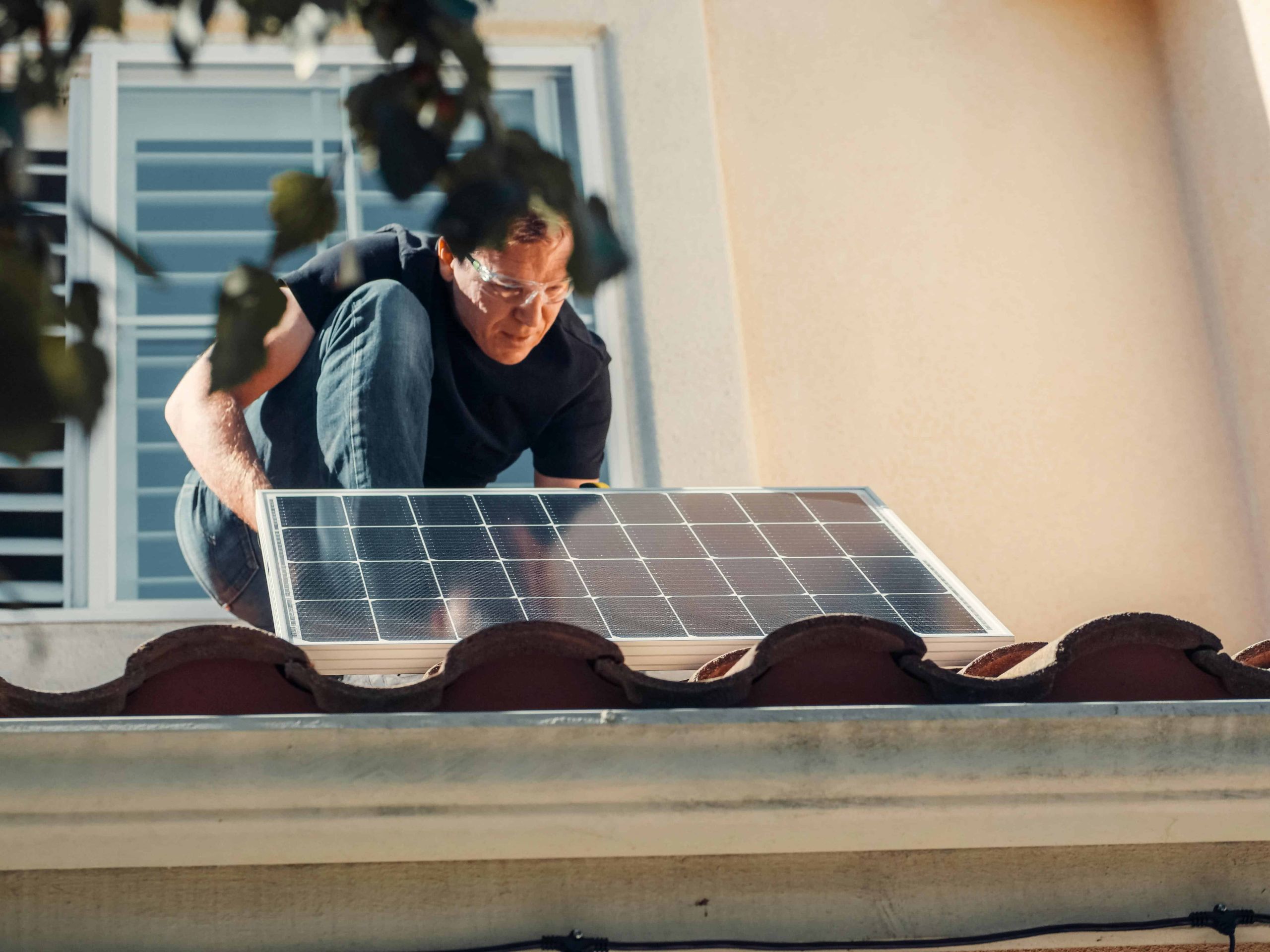
How to Choose Solar Panel Wattage? Finding the Perfect Match for Your Needs
Now that you know how to identify good quality solar panels, let’s talk about another crucial element – how to choose solar panel wattage. Wattage simply refers to the amount of electricity a solar panel can produce under ideal conditions. Choosing the right wattage depends on your specific needs:
Energy Consumption: The first step is to understand your household’s energy consumption. This will give you an idea of how much electricity your solar panels need to generate to meet your daily needs. You can use your electricity bills to get a sense of your average consumption.
Roof Space: The size of your roof will limit the number of solar panels you can install. Consider the available space and orientation of your roof to determine the maximum wattage you can accommodate.
Battery Storage (Optional): If you plan to install a battery storage system, you’ll need to consider the capacity of the batteries to ensure they can store enough energy to meet your needs during periods of low sunlight or when the grid is unavailable.
Conclusion
By learning how to identify good quality solar panels and choosing the right wattage, you can make a smart decision about going solar for your home or business. Remember, investing in solar energy means investing in a sustainable future.
At Prolectrix, we’re all about helping Kiwis make the most of solar power. Our team of experts is here to guide you through every step—from figuring out your energy needs to designing and installing a solar system tailored just for you. Let’s work together to power your future with clean, renewable energy.

